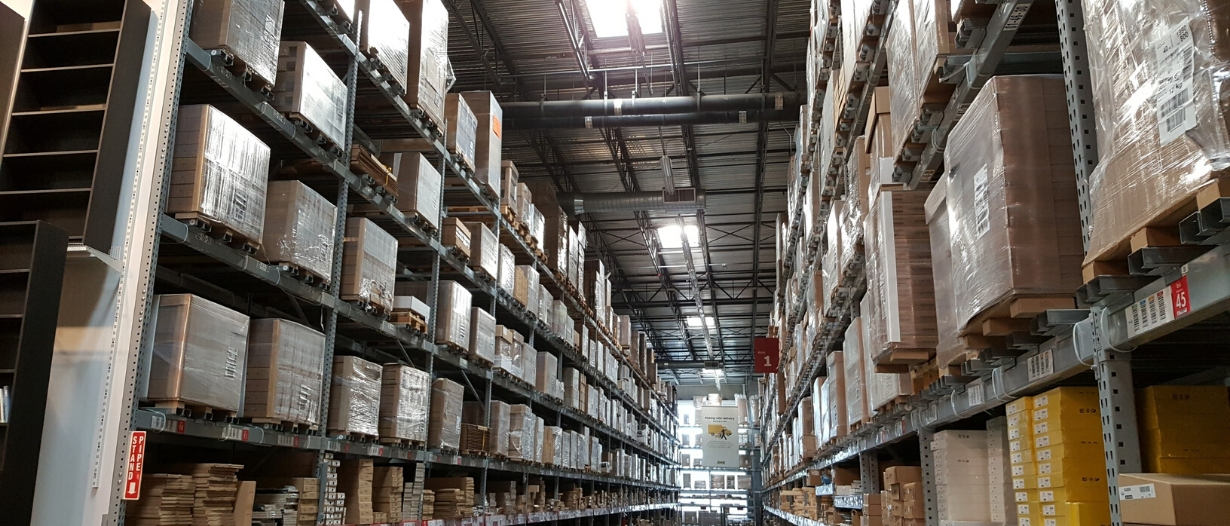On a rainy morning back in September we hosted a roundtable on collateral management at gunnercooke llp offices. We were joined by our co-host Elena Egorova, Head of Projects, DRUM Risk, an inspection and stock management company. Elena helped us work through an interactive case study based on real events (the infamous worst-case scenario) to track legal issues and practical considerations arising from the storage of commodities.
This was the attendees’ chance to ask everything they wanted to know about collateral management. The lively discussion covered all things from LME metals to commingled grain in silos to metal coils to prosthetic body parts.
Below are some of the issues discussed at the roundtable:
1# Due Diligence Before the Fact
Due diligence before the fact is key for anyone involved in financing of goods in storage. This should include fact-checking on the storage facilities, on all parties involved in handling the goods and the possible connections between them, on the documents issued in respect of the goods and on the local regulations applicable to the storage. It is a lot, but it is much easier to identify and fix the problems before the transaction is entered into rather than after things take a turn for the worse.
2# Legal Advice from Local Lawers
Legal advice from competent local lawyers is necessary in any financing on goods in storage to establish what is required to have a valid security interest over goods in storage and what recourse the owner of goods and the financier may have against all relevant parties (such as operator of the storage facility). The financier should also find out in advance what will be required in a default or enforcement scenario to be prepared.

3# Appointment of Collateral Manager
Appointing a collateral manager is important for two reasons. One is practical: it gives the owner or a financier the comfort of knowing what is happening with their goods and helps to stop unwanted interference with the goods. Another one is legal: in some jurisdictions, local laws will require the financier to be able to show sufficient level of control over goods in storage to be able to have a valid security interest over them. A lot may turn on a fairly small detail of the storage arrangements.
4 # Focus on the Reports
Once the clients appoint a collateral manager or a stock monitor, they should carefully read their reports. It is not enough to focus on the numbers (weight/volume of goods in storage) only. A good report will have a wealth of information in it, including what the collateral manager has done and on what basis they are able to confirm the numbers in the report. It is just as important to pay attention to caveats and things that collateral manager was not able to do when preparing the report.
5 # Have dedicated internal teams monitoring the performance of the transactions
We see different approaches commodity traders and financiers take to goods in storage. There are financiers who carefully consider issues we mentioned earlier, regularly work with specialist collateral managers and have dedicated internal teams monitoring the performance of the transactions. There is however a number of market participants adopting a very hands-free approach who tend to seek help from collateral managers only after the problems arise. A few examples mentioned by Elena involved non-existing (or no longer functioning) warehouse facilities with all goods long gone well before DRUM Risk were appointed to investigate a problem.
6 # Consider the Cost
One of the reasons for that hands-free approach is undoubtedly the cost. It is expensive to do a proper due diligence, get legal advice, appoint a collateral manager and allocate internal resources to monitor the transaction and a big part of these cost needs to be spent upfront. Cost is a major factor to consider when putting together transactions and financings backed by goods stored in warehouses. The participants agreed that the industry needs to work on solutions which meet the needs of the parties and allows the transactions to be financially viable.

7 # Cooperation between Different Financiers
Finally, the participants discussed the importance of cooperation between different financiers involved with the same borrower with goods in the same storage facility, especially if the goods are commingled. At the very least, the financiers ought to consider setting up the mechanics for regular exchange of information to avoid double or triple financing the same goods. The sharing of information will require the borrower’s consent. It is also worth considering a formal inter-creditor agreement to deal with the recovery or enforcement scenario. Whilst it will add more cost at the front end of the financings, it ought to save the financiers a lot of difficulties should things go wrong later. It may also lower the overall cost of different financings for the borrower.
The roundtable was part of the series of gunnercooke events for senior in-house lawyers working in the commodities and trade finance industry and for other market participants. Our interactive events aim to give participants the opportunity to exchange ideas and experience with their peers.
About gunnercooke llp:
Gunnercooke llp is a challenger law firm that operates an economic model different from that of a traditional law firm. It is not a time-based model, which means the clients have certainty that the advice will be provided by a senior expert with a wealth on industry knowledge and experience. We are the only law firm operating on the basis of this economic model with an offering in trade and commodity finance. We are a niche practice that uses a partner-led approach when advising clients.























